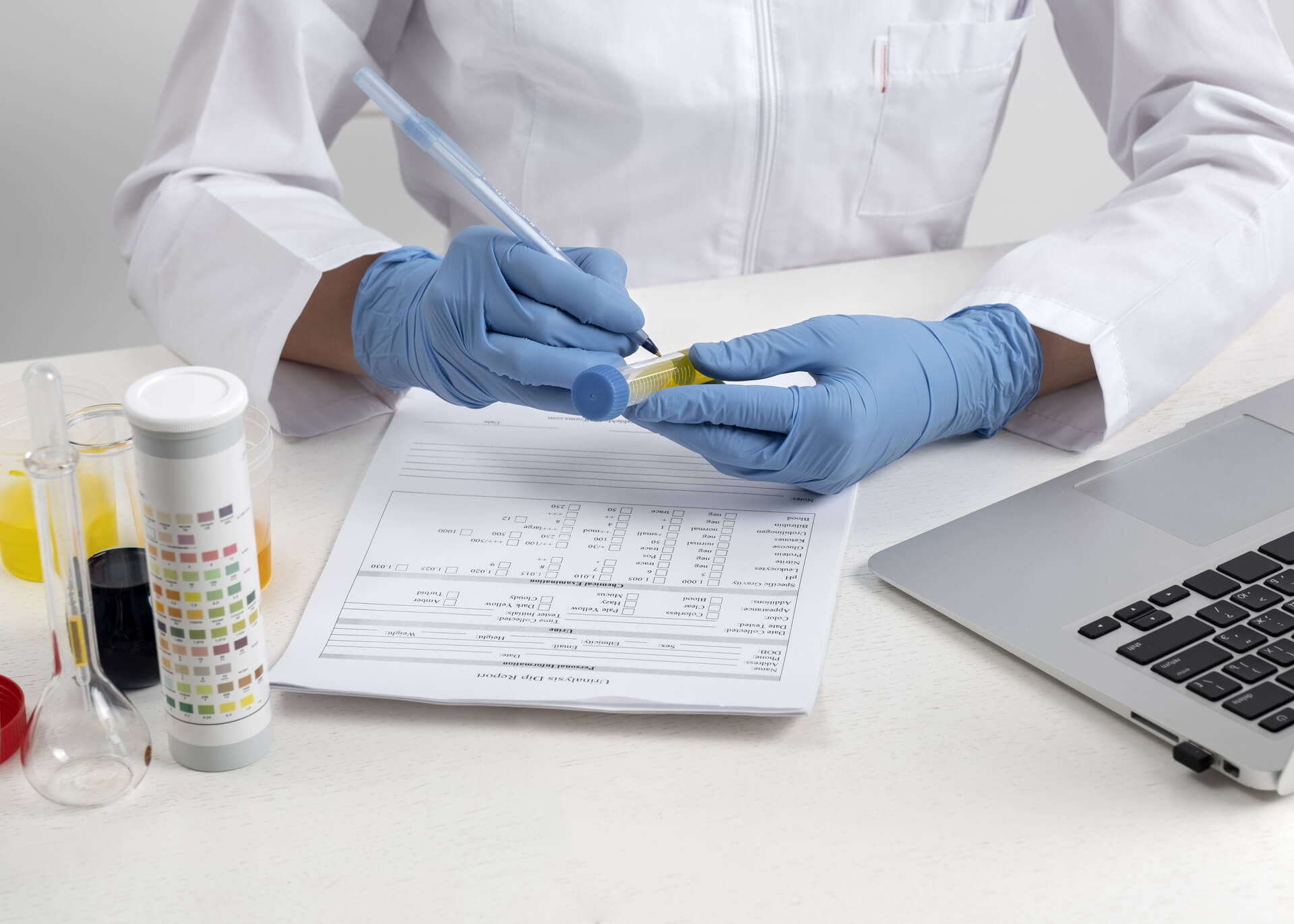
Drug Testing at Work
-
 By
Turn Staff
By
Turn Staff
- On
In 2019, 1.47% of US job postings included pre-employment drug testing as a requirement for hiring, and 0.66% required regular drug testing.
What is drug testing?
Drug tests assess if a potential employee engages in drug or alcohol misuse.
Urine testing is the prevalent method due to its non-invasiveness and federal compliance. Negative results are typically available within a day, while non-negative results require further testing. Urine-based tests can occur up to a week before onboarding.
For detailed information on the types of drug tests employers can require, individuals can refer to the American Civil Liberties Union (ACLU) website. The ACLU provides state-by-state regulations, offering valuable insights into the specific guidelines governing drug testing practices across different states.
Drug testing laws
Drug testing is treated as highly confidential, with regulations in place to safeguard the privacy of the results. Employees typically need to provide consent by signing a release form for their employer to access the test results. There are two legal authorities governing drug testing for certain job positions:
- Drug-Free Federal Workplace order (EO 12564), signed by Ronald Reagan in 1986. This order prohibits the use of illegal drugs by all federal employees, regardless of whether they are on or off duty.
- Omnibus Transportation Employee Testing Act of 1991: Under Department of Transportation (DOT) regulations, new employees in transportation-related roles are required to undergo a negative drug test before starting their duties. Ongoing drug testing is also mandated for employees regulated by the DOT.
What jobs do drug testing?
Certain job positions, categorized as Testing Designated Positions (TDPs), mandate pre-employment checks under either the Omnibus Transportation Employee Testing Act or EO12564. These positions include transportation, railroad, and aviation personnel, law enforcement officers, agency heads, political appointees, employees authorized to use firearms, individuals with security clearance for classified information, and those involved in rehabilitating drug users.
While certain roles may not be officially classified as TDPs, some employers may still require drug testing to ensure critical responsibilities are not carried out while under the influence. The Substance Abuse and Mental Health Services Administration (SAMHSA) provides guidance on identifying TDPs, which most companies typically adhere to, although final authority lies with individual employers.
Drug testing with Turn
If you require assistance with drug testing, Turn can provide valuable support by ensuring faster, easier, and compliant screenings while also making them more affordable for your organization.
Whether you need guidance on navigating regulations or tools to enhance your screening procedures, Turn offers comprehensive solutions tailored to your needs.

Disclaimer:
Turn’s Blog does not provide legal advice, guidance, or counsel. Companies should consult their own legal counsel to address their compliance responsibilities under the FCRA and applicable state and local laws. Turn explicitly disclaims any warranties or assumes responsibility for damages associated with or arising out of the provided information.
Recent Posts
- Enhancing Background Checks with County-Level Searches and Applicant Data
- Check Your Screening Provider’s Support, Speed, and Cost: Turn Does It Better
- You can have it all with Turn Technologies: Prioritizing Turnaround Time and Accuracy in Background Screening
- Understanding the Standards of Reportability of Publicly Available Information for CRAs and Employers
- Understanding the Limitations of Public Records in Medical Licensing Sanctions and Fraud Detection
